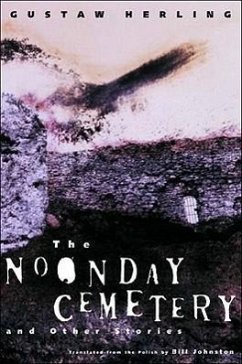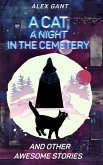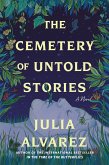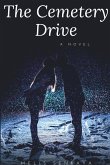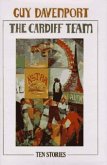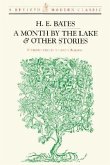The Noonday Cemetery & Other Stories, selected by Herling himself shortly before his death in 2000, is a collection of thirteen brilliant stories spanning the last twenty years of his life. His novel The Island was published to great acclaim in 1993, and his memoir, A World Apart, is among the most powerful accounts of life in the Soviet gulag. Volcano and Miracle , published in 1996, contains short fiction and prose writings from his Journal Written at Night. But nowhere before have Herling's best stories-and Herling was indeed a master of the short story-been compiled and published in English translation. In "The Noonday Cemetery," an eerie graveyard on an Italian hillside overlooks the sea and hides the secrets of a murder (or suicide?). "Beata, Santa" describes the plight of a young Polish woman raped by Serbs, who is pressured by the Catholic Church to keep her child. In "A Madrigal of Mourning," a Russian woman musicologist becomes obsessed with Carlo Gesualdo (1560-1613), Prince of Venosa, a madrigalist and murderer. These timeless stories, dealing with moral, often historical, subjects and written in passionate, deeply affecting prose, affirm without a doubt the assessment by The Boston Globe that Herling is "a writer of stylistic mastery and moral depth, who deserves to be placed among the best in any language."
Hinweis: Dieser Artikel kann nur an eine deutsche Lieferadresse ausgeliefert werden.
Hinweis: Dieser Artikel kann nur an eine deutsche Lieferadresse ausgeliefert werden.

